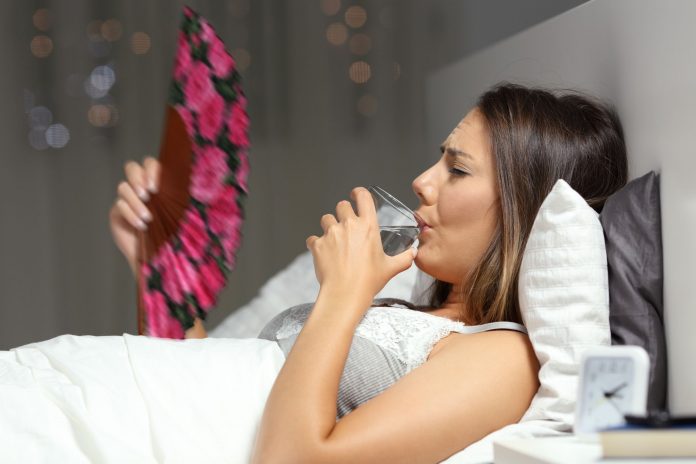Night sweats, or excessive sweating during sleep, are a common symptom in women and men. Many medical conditions and diseases can cause them. Examples include women in perimenopause or menopause; medications, hormone problems (Low-T), low blood sugar, and neurological problems. You may have other symptoms like chills, or shaking with a fever, vaginal dryness, or mood changes, depending upon the cause. Less common causes of night sweats include infections and cancers. Doctors treat the problem by diagnosing the cause of your night sweats.
What are night sweats?
Doctors in primary care fields of medicine often hear their patients complain of night sweats because they are common. Night sweats refer to any excess sweating occurring during the night. However, if you keep your bedroom temperature unusually hot or you are sleeping in too many clothes, you may sweat during your sleep, which is normal. In order to distinguish night sweats that arise from medical causes from those that occur because one’s surroundings are too warm, doctors generally refer to true night sweats as severe hot flashes occurring at night that can drench sleepwear and sheets, which are not related to an overheated environment.
In one study of 2267 patients visiting a primary care doctor, 41% reported experiencing night sweats during the previous month, so the perception of excessive sweating at night is common. It is important to note that flushing (a warmth and redness of the face or trunk) also may be hard to distinguish from true night sweats.


























